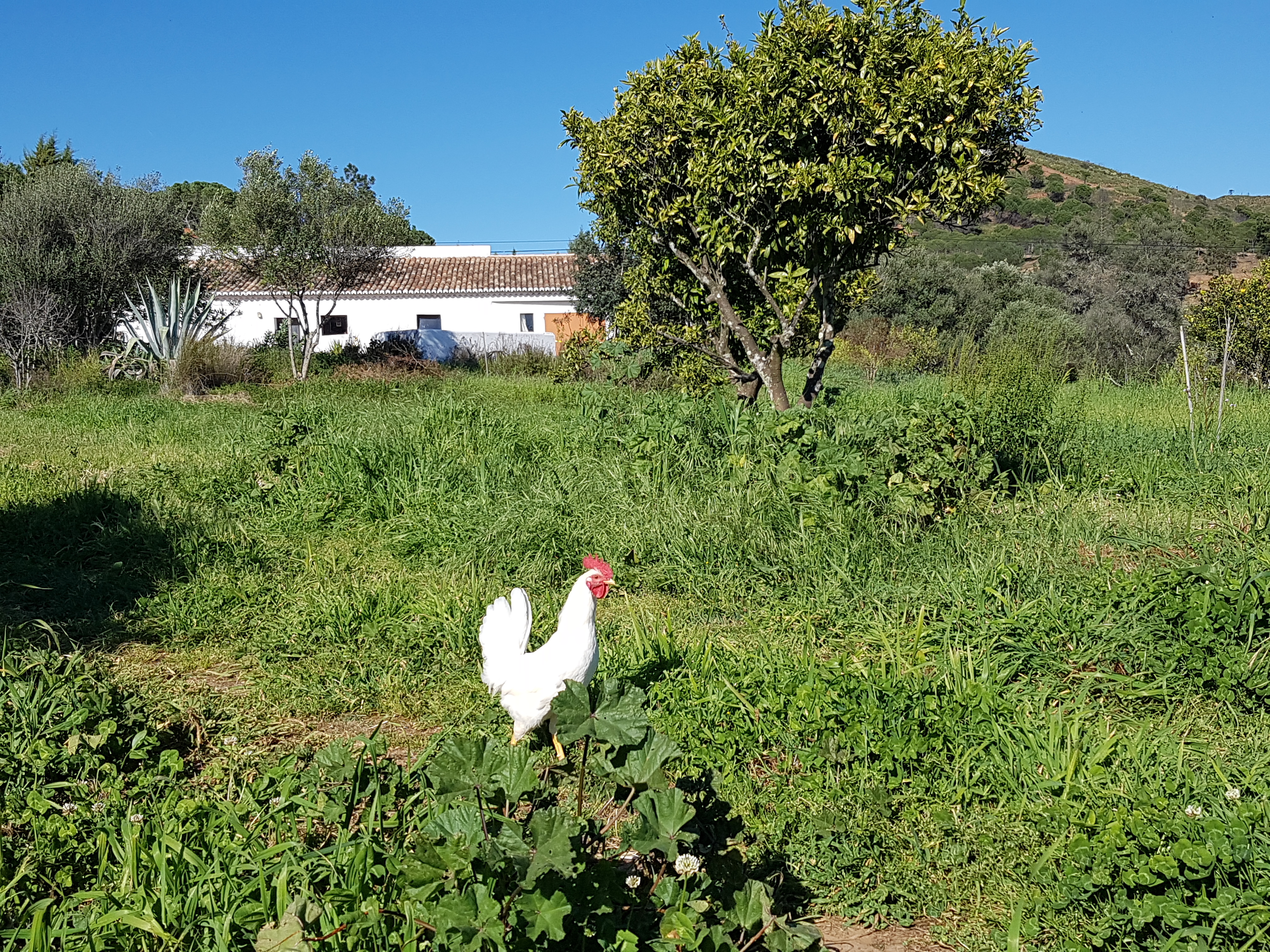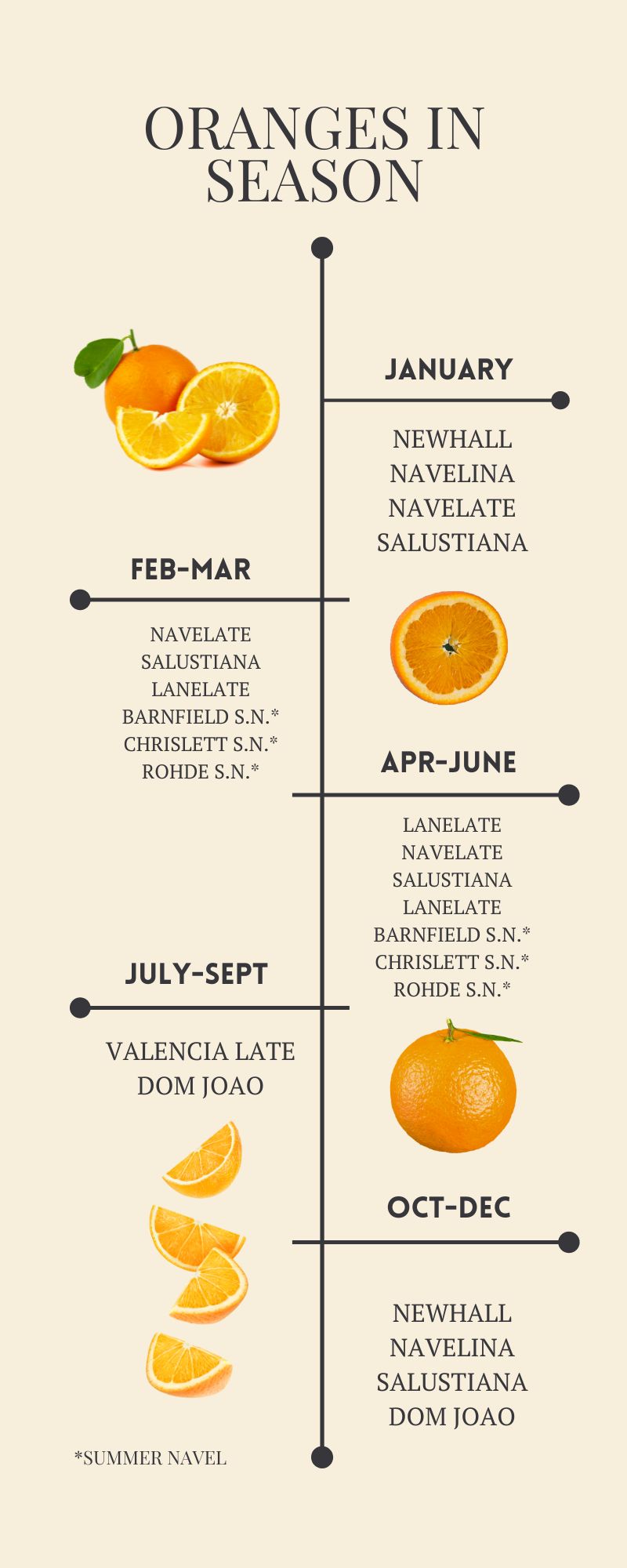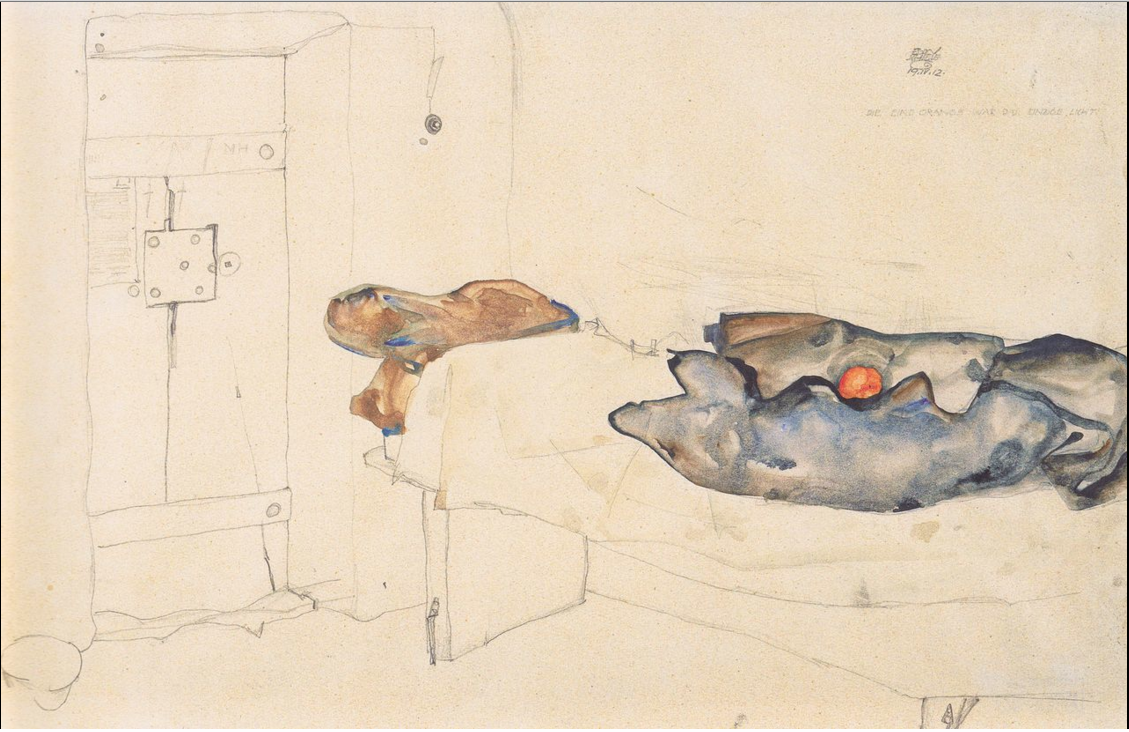Picking Oranges in the Algarve
Origin, spread in the Algarve and the new era of organic orange

Posted on Mon 14 Aug 2023 · by Gloria Dall'Orto
The orange is a noble and precious fruit.
Since the earliest times, this fruit has accompanied humans as food, as a decorative element in gardens and arbors, with the inebriating scent of its flowers in May, and gaining a special place in poetry and literature, at the center of customs, myths and memories.
In Greek mythology, oranges are described as the fabled "golden apples" of the garden of the Hesperides. In Hesiod's "Theogony," it is told that the tree of golden fruit was spawned at the wedding of Zeus and Hera to make a special and festive gift. Citrus fruits thus became a symbol of fertility and love.
ORIGINS
Native to southern China, traces of which date back more than 4,000 years, when it originated as a hybrid between pomelo and mandarin during the reign of Emperor Ta YU of the An Yang region (c. 2205-2197 B.C.), the orange tree has traversed many countries in Asia Minor, North Africa to reach us through the Arabs.
The Arabs gave citrus fruits an important decorative role through the skill of gardeners, and they enhanced their agricultural importance by making use of new irrigation and cultivation techniques. During the centuries of their domination in the Algarve, in fact, the custom of planting citrus groves began: the cultivation of oranges, favored by the propitious climate and the fertility of the soil, immediately gave rise to a massive spread of this typical sun fruit throughout the Mediterranean basin.
PORTUGAL IS ORANGE
The sweet orange, as we know it today, was introduced to the Iberian Peninsula, and then to the rest of Europe, only in the 16th century by Portuguese sailors, gradually replacing the bitter orange and coming to be widely present on our tables throughout the year. It should be remembered that Christopher Columbus took them as far as Haiti; the British and Dutch as far as South Africa and Australia and the Portuguese to South America.
Confirming this historical scan are the popular names that the orange has gradually taken on in much of the Mediterranean, often referring precisely to Portugal: in the dialects of almost every region of the Italian peninsula, the orange is called "purtuallo," "prtijalle," "portacallu," "portugaj," etc. Of note: in Romanian, the orange is called "portocálâ," Bulgarians and Turks call them "portukal," and Greeks "portukáli." Moreover, in Persian, spoken in Iran, Afghanistan and countries such as Armenia, Georgia or Iraq, but also in Arabic, the word "Portugal" means "orange"! The orange is undoubtedly a global fruit.
'CITRUS PICKING EXPERIENCE' FROM NOVEMBER TO MAY
If you are intrigued and want to get up close and personal with the world of the real Algarve PGI orange , plan a visit to Silves, in the center of the Algarve, known not only for its splendid medieval walls but also as the capital of the orange, where the festival dedicated to the famous citrus fruit takes place.
From November to June experience we have designed for you a 'field experience, or better yet in the field, the Citrus Picking at the Organic Farm for those who want to discover the secrets of the most beloved fruit in the world and its many beneficial properties for our body, even more effective when we consume an organic orange and can also eat its peel where most of the essential oils and vitamins are found.
In the company of João and Maria, two friendly farmers who know all the secrets of organic and sustainable orange cultivation, you will spend a fantastic day picking oranges with straw baskets and sharing a healthy meal at the table all together. Lunch is expertly prepared by Maria with produce from her garden and her famous "Bacalhau 'A' espiritual." Later, you will learn how to make orange marmalade in the kitchen that belonged to João's grandmother, Mrs. Gloria. Note that our "Citrus Harvesting on the Organic Farm" has been recognized as a noteworthy experience by Slow Food International, which has included it in the list of "Slow Food" sponsored experiences; their goal is to promote sustainable tourism by offering tourists a unique insight into local food cultures and debates, while supporting our local network.

ORANGE SEASONALITY IN ALGARVE
The Algarve climate guarantees two fruiting periods each year: from December to January and June to July.The Dalmau and Newhall varieties are harvested between November and March, the Bahía and Jaffa varieties between February and April, and the Late Valencia and Late Lane varieties between March and August (the latter are harvested only in the Algarve).
Oranges produced in the Algarve are part of the family of citrus fruits called Citrinos do Algarve PGI, which includes a wide variety of fruits originating from the species Citrus Sinensis (oranges), Citrus reticulate, etc....*PGI fruits and vegetables, i.e. with the PGI label, assure the consumer that the product has been subjected to a rigorous system of independent control, which certifies that this product has been obtained traditionally and that it has a reputation or characteristics linked to the territory. In Portugal, the certifying entity and guarantor of the certification assigned to these products is Kiwa Sativa. If you want to know more about Kiwa and the GPI products, click here.

Sources:
Direção-Geral de Agricultura e Desenvolvimento Rural: https://tradicional.dgadr.gov.pt/"
Book: 'O Portuallo Per una storia culturale dell'arancia sorrentina di Giovanna Milano' by Giovanna Milano, C.M.E.A.
Article 'RTP Ensina': Laranja do Algarve, uma história de séculos e de futuro
Book: 'L'HERBIER VOYAGEUR' by Michelle Jeanguyot et Martine Séguier-Guis

